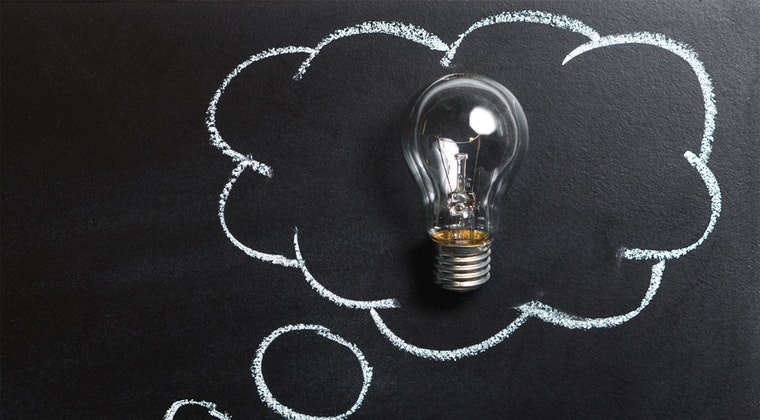More Than Just Buying: Why Procurement Really Matters
What’s the difference between procurement and purchasing? If you’re struggling to answer the question, you’re not alone. Many people use the terms interchangeably or mistake procurement for purchasing.
It’s no surprise when you consider how much procurement’s role has changed over the decades. Where once the procurement function was just the buying arm of the organisation, now it’s recognised for its power to help achieve business goals.
So how exactly is procurement more than just buying? Take a look at the evidence:
1) Procurement is cradle to grave
Purchasing refers to the activities associated with acquiring goods and services required by an organisation, like ordering, receiving, establishing payment terms, and fulfilling payment.
Yet procurement goes much further than buying. Think of procurement as “cradle to grave”.
It starts as soon as you identify a need for the product or service and ends only when that need no longer exists. Purchasing is part of this end-to-end approach, but so are many other stages, like contract management, asset disposal, supplier evaluation, and more.
2) Procurement is about getting value for money
The ultimate aim of procurement is to get the best value for money, rather than the best price. This means procurement officers need to look beyond simply trying to find the lowest possible cost for goods and services and consider the whole life of a product or service – right through to the asset disposal.
3) Procurement aligns with a long-term strategy
Procurement plays a role in an organisation’s long-term strategy. It aligns with broader business goals and values, such as sustainability, community responsibility, and more. In this way it requires a more proactive approach than simply purchasing goods as needed.
Many organisations establish a supplier code of conduct to ensure its suppliers maintain the same values, like this one by the Victorian State Government or the Coles Supplier Charter.
4) Procurement unlocks more value from supplier relationships
Managing supplier relationships is a major activity for procurement professionals. Effective supplier relationship management can deliver big savings and unlock more opportunities to contribute to wider business goals.
What kind of opportunities are we talking about?
Innovation is one. In a survey by Winc (formerly Staples Australia), 86% of procurement professionals say they want suppliers to provide innovative solutions.
5) Procurement drives efficiencies
Procurement professionals consider themselves to be the key facilitators of greater efficiencies within an organisation – in fact, many will have efficiency KPIs to meet.
This might be through automating the backend of processes, reducing the number of vendor relationships, or leveraging systems and technologies to improve efficiencies from suppliers.
Over to you
Knowing the difference between procurement and purchasing is critical if you are going to get the best value from both. By recognising that procurement is about more than cost alone, you can zone in on the unique advantages it can bring to your organisation.
Delve deeper into procurement and learn about the key concepts, including supplier relationship management, in our courses.






